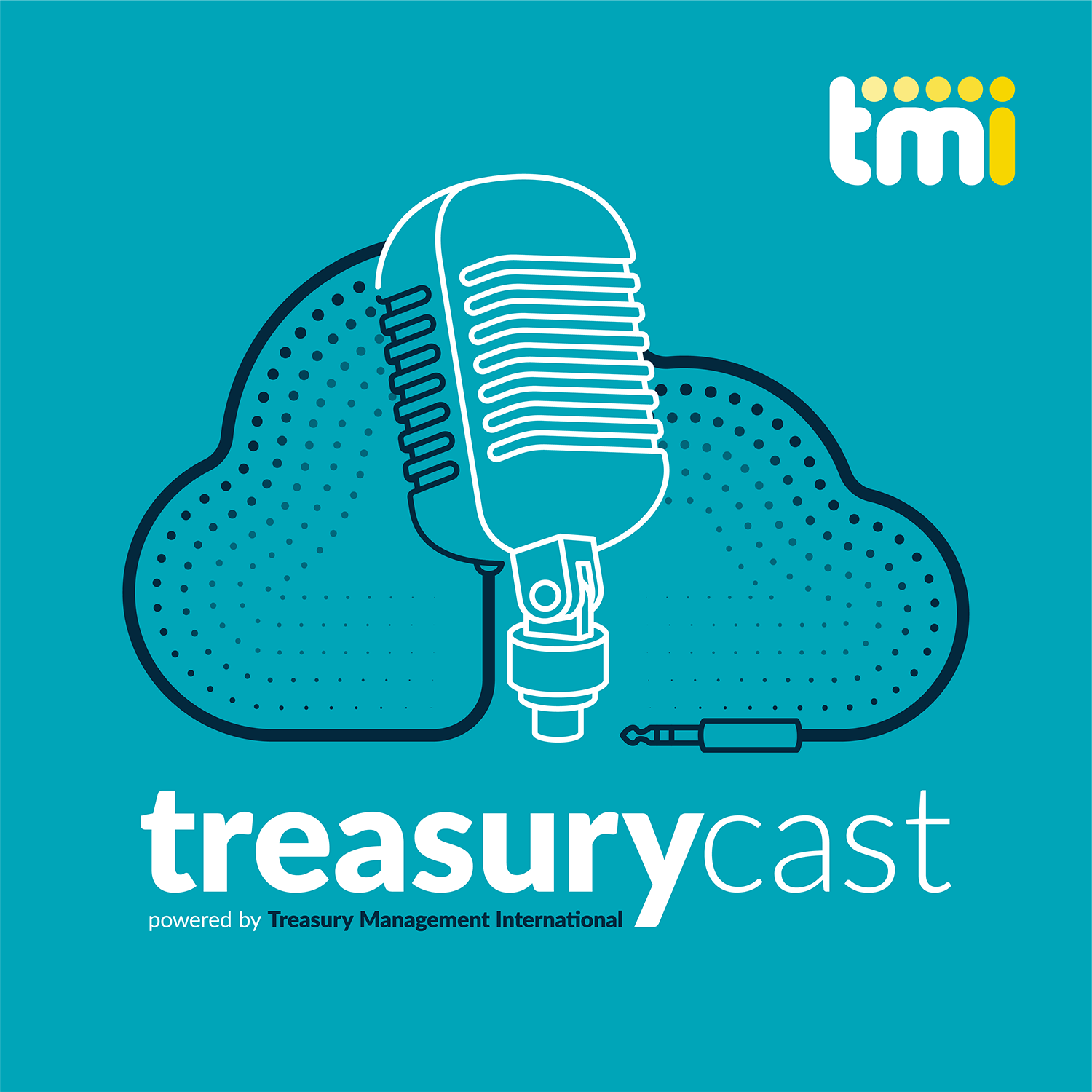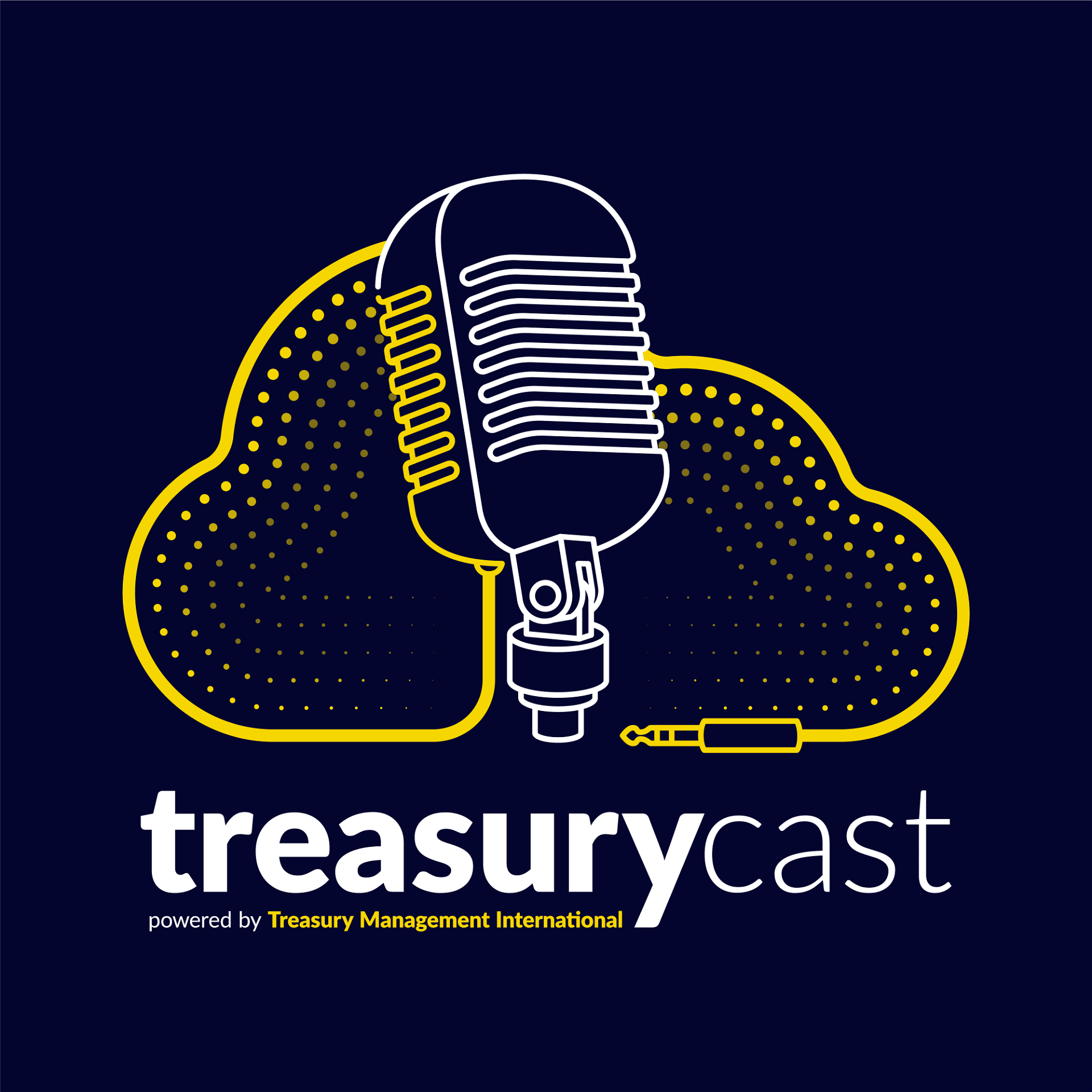Deutsche Bank’s latest paper explores the importance of close collaboration between corporates, banks and technology providers to build a collaborative and robust defence against payment fraud.
Today, Deutsche Bank launches its latest whitepaper – “A corporate’s guide to payment fraud prevention” – which highlights the increasing need for corporates, banks and technology providers to work hand-in-hand to determine and address areas of vulnerability to payment fraud and work as a team to create a cohesive defence against these risks.
Payment fraud has emerged as one of the biggest challenges facing corporate treasurers in recent years, with criminals targeting corporations of all sizes and across all industries using increasingly sophisticated technologies. Cases are so prevalent that the Association for Financial Professionals (AFP) recently found that 71% of organisations responding to its annual survey had fallen victim to payment fraud in 2021. In light of these developments, the payment industry faces a constant battle to keep pace with new fraud methods, such as fake-invoice scams, man-in-the-middle attacks and business-email compromise.
“This paper comes at a critical time,” says Stefan Fruschki, Head of Transaction Surveillance & Cross-Product Governance, Deutsche Bank. “While anti-fraud strategies for corporates are steadily improving, so are the strategies being employed by fraudsters to circumvent them. To counter this, each actor in a payment chain, whether it is the corporate, bank or technology provider, brings a unique set of skills and expertise to the table – and having these ideas and approaches exist in isolation does not produce the vital synergies.”
Fighting fraud within each of these silos is only so effective, the paper concludes. By working together, the industry can deliver value greater than the sum of its parts, creating an ecosystem that is more efficient, streamlined and, ultimately, more effective at preventing fraud.
With this in mind, the paper explores the role that each of these stakeholders can play in minimising the risks, taking in views and examples from industry experts in each case.
“The dangers of fraud were brought into sharp focus during the Covid-19 pandemic, which saw many of our employees, and those of our counterparties, move to a working-from-home environment,” says Gerd Berghold, Head of Treasury Operations and Digital Treasury, Deutsche Bahn, and contributor to the paper. “This left communication channels more exposed and, as a result, more susceptible to fraud attacks.”
To shield against these exposures, the paper recommends corporates focus on
- Promoting awareness of the common risks and techniques among their staff,
- Auditing their processes to ensure consistency and security,
- Conducting a tailored organisational risk assessment outlining a clear segregation of duties across branches, legal entities and jurisdictions,
- Implementing innovative technology solutions to help catch any attempts as early as possible.
“With fraud attempts on the rise, and criminals increasingly targeting people rather than technology, this kind of education is key to shoring up defences and minimising risks for corporates,” concludes Stefan Fruschki.
To read “A Corporate’s Guide to Payment Fraud Prevention”, please click here.





